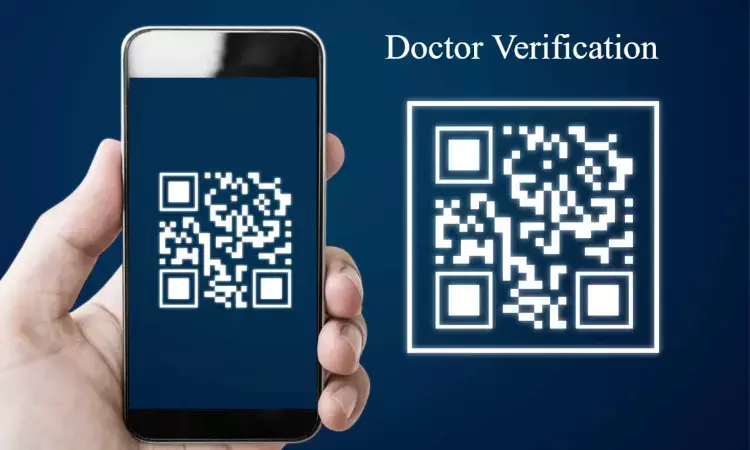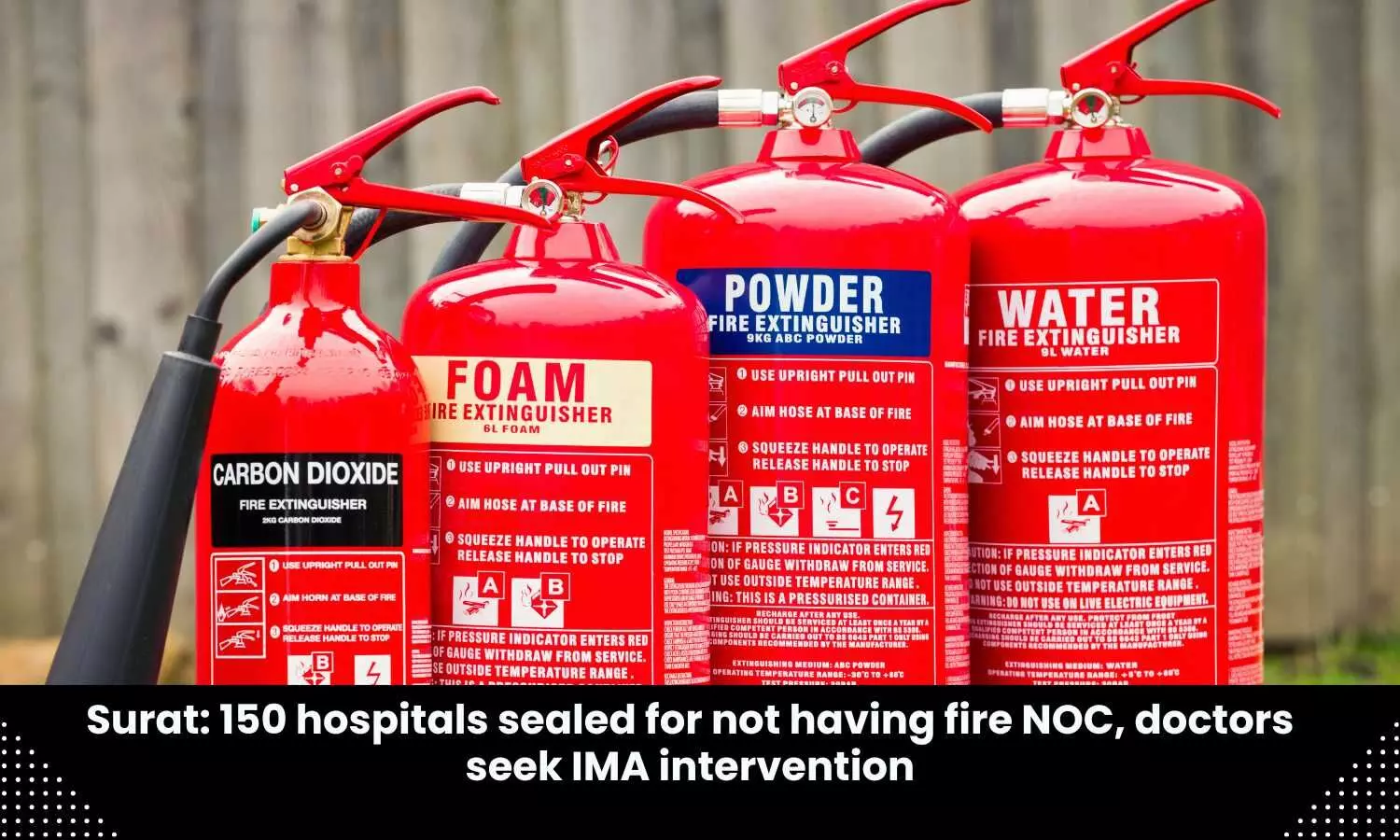- Home
- Medical news & Guidelines
- Anesthesiology
- Cardiology and CTVS
- Critical Care
- Dentistry
- Dermatology
- Diabetes and Endocrinology
- ENT
- Gastroenterology
- Medicine
- Nephrology
- Neurology
- Obstretics-Gynaecology
- Oncology
- Ophthalmology
- Orthopaedics
- Pediatrics-Neonatology
- Psychiatry
- Pulmonology
- Radiology
- Surgery
- Urology
- Laboratory Medicine
- Diet
- Nursing
- Paramedical
- Physiotherapy
- Health news
- Fact Check
- Bone Health Fact Check
- Brain Health Fact Check
- Cancer Related Fact Check
- Child Care Fact Check
- Dental and oral health fact check
- Diabetes and metabolic health fact check
- Diet and Nutrition Fact Check
- Eye and ENT Care Fact Check
- Fitness fact check
- Gut health fact check
- Heart health fact check
- Kidney health fact check
- Medical education fact check
- Men's health fact check
- Respiratory fact check
- Skin and hair care fact check
- Vaccine and Immunization fact check
- Women's health fact check
- AYUSH
- State News
- Andaman and Nicobar Islands
- Andhra Pradesh
- Arunachal Pradesh
- Assam
- Bihar
- Chandigarh
- Chattisgarh
- Dadra and Nagar Haveli
- Daman and Diu
- Delhi
- Goa
- Gujarat
- Haryana
- Himachal Pradesh
- Jammu & Kashmir
- Jharkhand
- Karnataka
- Kerala
- Ladakh
- Lakshadweep
- Madhya Pradesh
- Maharashtra
- Manipur
- Meghalaya
- Mizoram
- Nagaland
- Odisha
- Puducherry
- Punjab
- Rajasthan
- Sikkim
- Tamil Nadu
- Telangana
- Tripura
- Uttar Pradesh
- Uttrakhand
- West Bengal
- Medical Education
- Industry
Soon in Maharashtra: Doctors to display QR codes at clinics, hospitals to verify credentials

This initiative has been taken by the Maharashtra Medical Council (MMC) and it is in the process of finalising it.
Mumbai: Soon, doctors in Maharashtra will have to display QR codes at clinics and hospitals to verify their credentials. This new initiative, spearheaded by the Maharashtra Medical Council (MMC) aims to combat the growing concern over unqualified practitioners operating in the state.
The MMC is currently finalizing the details of the plan, which will affect the 1.8 lakh doctors registered with the council. This move is part of a broader effort by the semi-quasi-judicial body to ensure that only qualified professionals practice medicine. The MMC had previously decided to issue registration certificates with individual QR codes to prevent forgery and tampering with medical licenses.
Dr Vinky Rughwani, administrator at the MMC told The Indian Express, “Anyone who visits a doctor for consultation at his/her clinic can scan the QR code to verify the requisite qualification. This in a way will also help keep a check and prevent the practice of bogus doctors.”
“We do receive complaints from patients who have undergone treatment and have not recovered. In the past too, measures have been taken and now we are in the process of finalising the new project,” Dr Rughwani said
Dr Sandeep Yadav, Chairman of the Diagnostic Committee at the Indian Medical Association (IMA), has expressed strong support for the initiative. “For instance, in Sangli, we found that there were several laboratories that were not run by pathologists and were managed by technicians. Committee members need to proactively design strategies to prevent such illegal practices,” Dr Yadav said. He emphasized the importance of regular meetings for committees at the district and municipal levels to monitor and curb the practice of unlicensed doctors.
In a recent case in Pune, the municipal corporation’s health department took action against an individual posing as a doctor and illegally running a clinic in Karvenagar. Dr Suryakant Deokar, Assistant Medical Officer of Health at Pune Municipal Corporation, noted that the impostor was not registered with any medical council and was prescribing both Ayurvedic and allopathic medicines reports The Daily.
Dr Amit Dravid, an infectious diseases consultant talked about the importance of adopting strict measures to curb quackery. “It is important to get tough about quackery. Multiple issues need to be addressed; right from ensuring that the doctor’s registration number and degrees are displayed at the reception desk and on his/her prescription letter pad. Beyond this QR code initiative, more strategies need to be sternly implemented to check the malpractice,” Dr Dravid pointed out.
Dr Sanjay Patil, state secretary of IMA’s Hospital Board of India pointed out the prevalence of such cases in fringe rural areas. “Due to sustained efforts of the civic health department and the IMA, awareness has been stepped up about the practice of bogus doctors and there is a fair amount of vigilance in the urban areas,” he said.
Sanchari Chattopadhyay has pursued her M.A in English and Culture Studies from the University of Burdwan, West Bengal. She likes observing cultural specificities and exploring new places.



